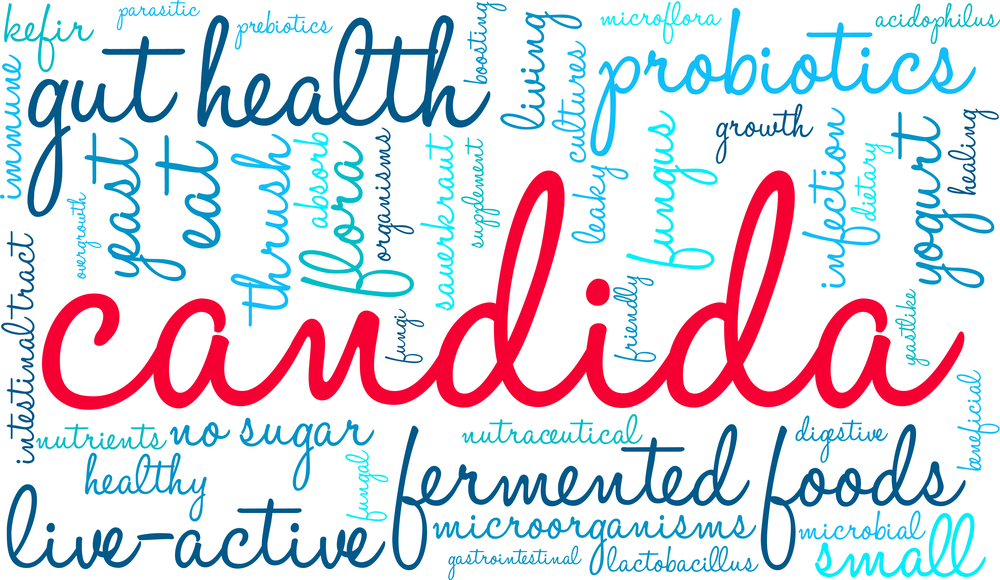Our Blog
Baldwin County Residents Learn How Mold Exposure Can Cause Poor Gut Health

Most people think of respiratory problems when they hear they have mold in their homes. But, mold exposure can also wreak havoc on your gut. The Gut Authority team has put together some information to help you see how mold exposure can cause problems with your gut health and help you identify intestinal mold symptoms.
Symptoms of Mold Exposure
About half of Americans have been exposed to mold and many others aren’t even aware of mold in their homes. Many people never think, “Can mold cause stomach issues?” But it can. While some people have allergies to mold, it is actually the toxins (called Mycotoxins) produced by mold and fungi that cause the most damage. For example, we can be exposed to the mycotoxins produced by fungus in some of the foods we eat. Mycotoxins can be found in dairy and grain products as well as in black mold. They can cause chronic inflammation problems with varying mycotoxin symptoms such as:
- Fatigue or overall weakness
- Feeling malaise after exertion
- Headaches and memory problems
- Shortness of breath
- Abdominal problems
- Lightheadedness
Mycotoxins can also cause problems with hormonal imbalances, and your nervous system, and can even alter your DNA.
How Mold Exposure Affects Your Gut Health
It’s actually the mycotoxins found in black mold that can cause many different problems with your gut. Mold exposure can change how your gut functions. The damage in your gut from mold exposure can cause problems all over your body as well.
Changes Your Gut Bacterial Balance (Microbiota)
One of the biggest ways that mold exposure affects your gut health is by changing your gut microbiota. The mycotoxins not only increase harmful bacteria but it also decreases your beneficial bacteria. Gut mold exposure can also cause a decrease in the levels of short-chain fatty acids that your intestines produce.
This causes poor gut immunity. Mycotoxins have also been found to increase the harmful bacteria found in your gut. These mycotoxins include Staphylococcus, E. coli, and Listeria.
Can Cause Oxidative Damage
People who have been exposed to mold also require more antioxidants to combat the damage from “free radicals” found in their gut. Mold exposure stimulates the production of “reactive oxygen” which is known to cause damage to the cells found along your intestinal walls. Antioxidants are needed to combine with these damaging free radicals and minimize their effect
Can Cause Leaky Gut
Mycotoxins damage the link that holds the cells in the lining of your intestinal wall together. They also decrease the production of protective mechanisms within your gut and decrease your gut’s ability to remove damaging microorganisms called pathogens. The damage to the links and protective mechanisms can cause you to develop a leaky gut.
Can Cause Malnutrition
Mold in stomach exposure can also cause damage to the villi (little finger-like substances) found within your small intestine. These villi are responsible for nutrient absorption. The more damage to your villi, the fewer nutrients your body can absorb, which in turn, will lead to malnutrition.
Mycotoxins can also interfere with the nutrient transporter systems found within your gut. The transporters that are affected are responsible for the absorption of carbohydrates. Over time, this can lead to SIBO (small intestinal bacterial overgrowth) and other problems such as malnutrition and weight loss.
Makes You More Prone to Gut Infections
Mycotoxins directly interfere with your body’s production of T-helper cells, which help to regulate immune function. Mold exposure can block your gut’s ability to fight off pathogens and decrease your gut immunity. If you’ve been exposed to mycotoxins then you’ll not only experience intestinal mold infection or mycotoxin illness more, but your overall health will also suffer.
Contact the Gut Authority to Help
If you’re experiencing these problems and you’ve been exposed to mold, give The Gut Authority a call. Our team can help heal your gut and get your health back on track. If you want more information about mold exposure, or if you’re wondering, “can mold cause stomach issues?’, chat with us today so we can get your appointment scheduled.




